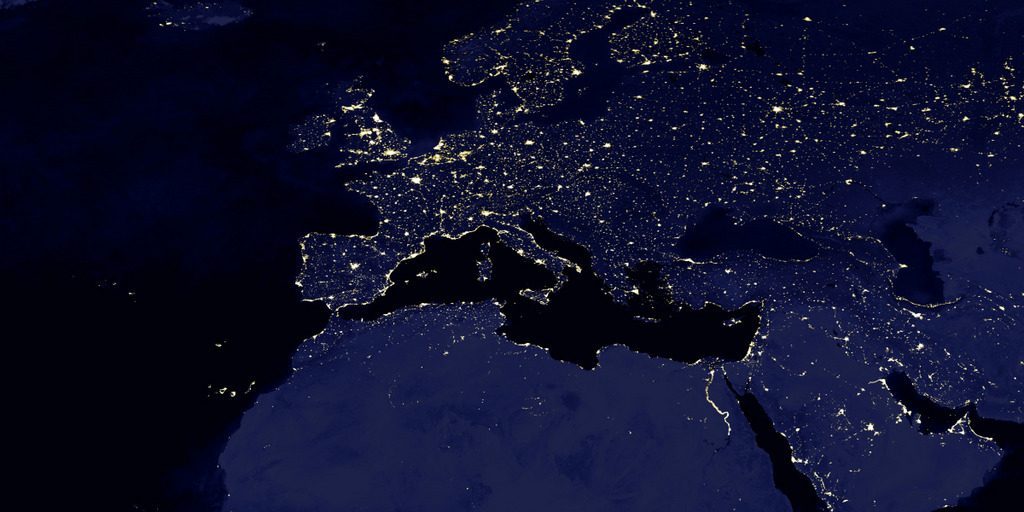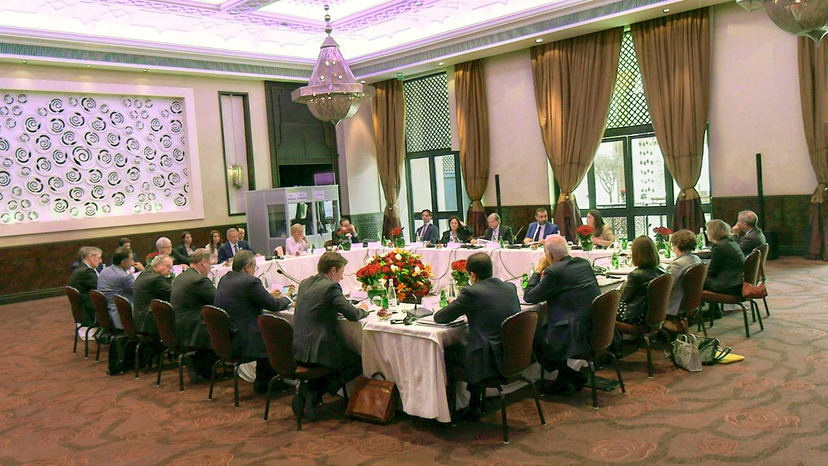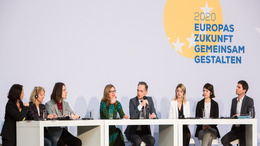Europe’s Neighbourhood Policy covers the EU’s economic, social and political cooperation with its 16 neighbours directly to the south and east. Morocco, Tunisia and Jordan in the south and Moldova, Ukraine and Georgia in the east exchange up to 70% of their imports and exports with the EU. Good trading conditions and intelligent integration into the EU internal market are important for these countries if they want to modernise their economies and create more work and better life prospects, especially for their young people. These six EU neighbouring countries have concluded different bilateral trade agreements with the EU. The networking of actors from these countries and the exchange of knowledge between them on partnership-based trade relations with the EU is not only a concern of the Bertelsmann Stiftung’s European project “Strategies for a New EU Neighbourhood”, but was also a key topic for discussion at the stakeholder dialogue in Marrakech on 14 and 15 February 2020. The Moroccan Saham Foundation and the German Bertelsmann Stiftung invited 25 renowned representatives / decision-makers and experts from business, politics, academia and civil society to the dialogue dedicated to “Bringing the EU and its neighbours together – Promoting civil society actors in socioeconomic cooperation and youth-integration work”.
In recent years, Ukraine, Georgia and Moldova have concluded a so-called deepened and broadened free trade agreement with the EU. Tunisia is negotiating a similar agreement, Jordan shares a free trade area with the EU and Morocco has “advanced status” with the EU. The three Eastern European countries have so far had both positive and negative experiences with the opening of their markets. As a positive trend, one participant pointed out that the adoption of EU export production standards has promoted the rule of law and increased competitiveness on the European and international markets, attracting more investment and creating more jobs.




![[Translate to English:] Hand wirft einen Stimmzettel in Wahlurne vor tunesischer Fahne](/fileadmin/files/_processed_/f/b/csm_1144129027shutterstock_593137157_Premier_be_ST-EZ_09588b307e.jpg)
![[Translate to English:] Gruppenbild mit tunesischer Delegation, den georgischen und ukrainischen Verhandlungsführerinnen Tamara Kovzeridze und Veronika Movchan sowie den Vertretern der Bertelsmann Stiftung Miriam Kosmehl und Christian-Peter Hanelt](/fileadmin/files/_processed_/0/7/csm_1920756516IMG_0123_e448663d83.jpg)


